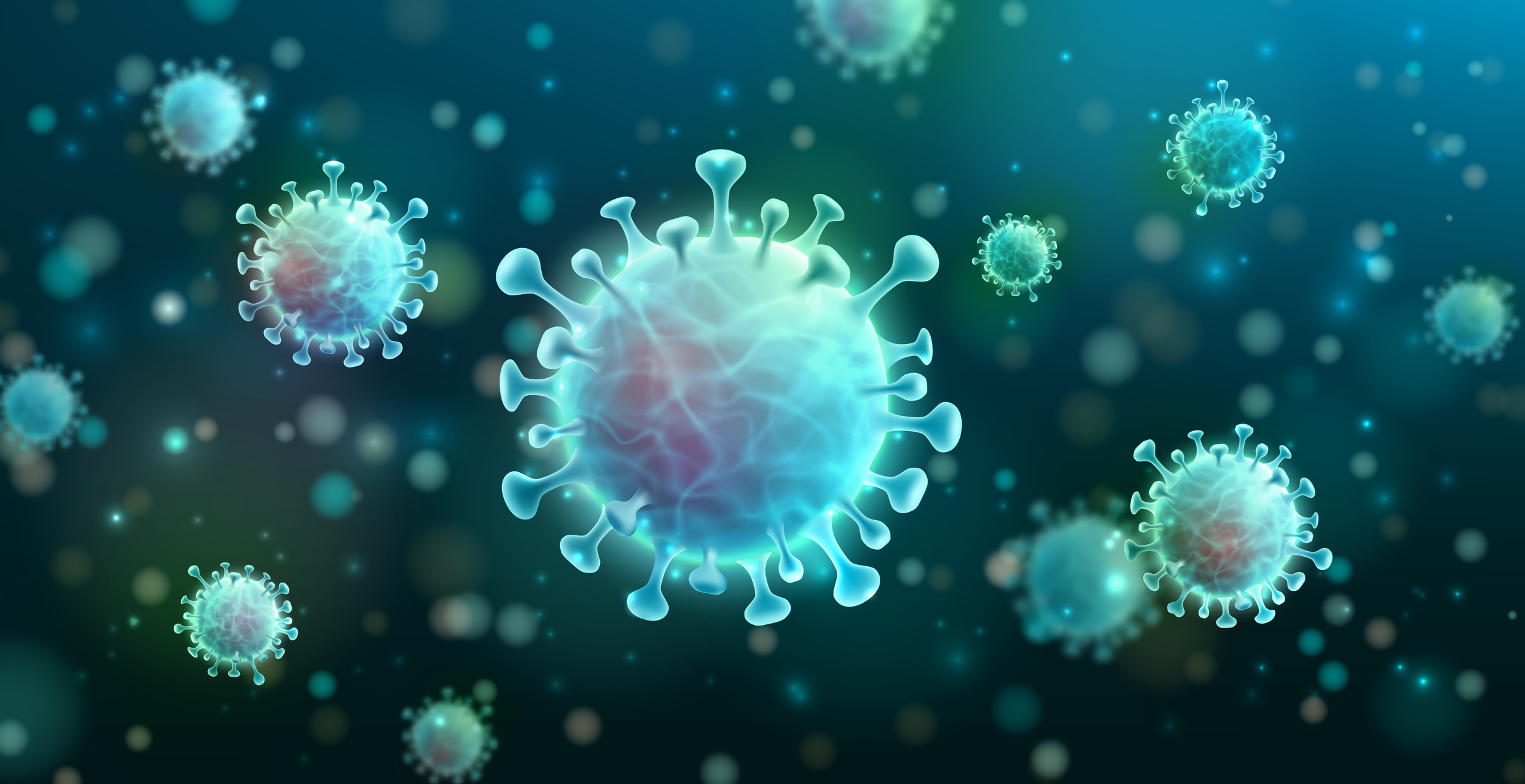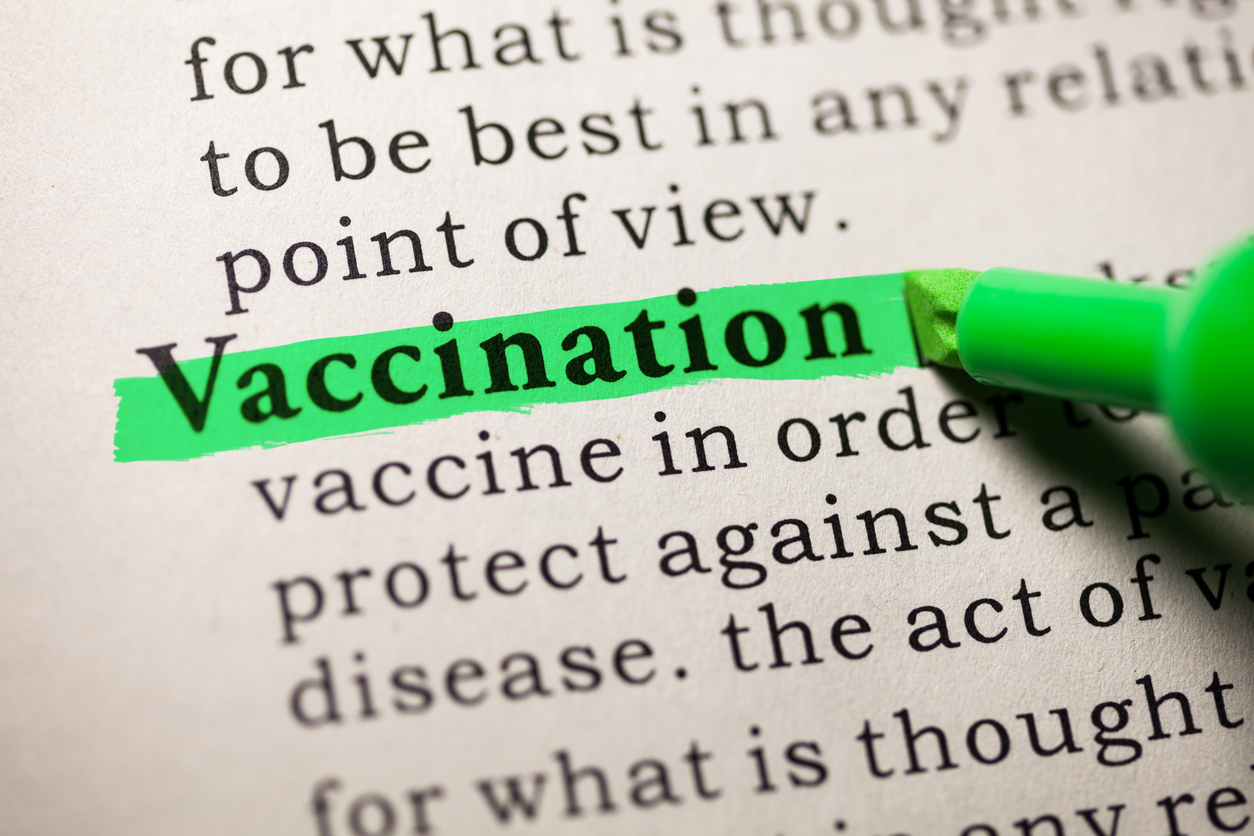2024-12-03
SARS-CoV-2: What are its impacts on male fertility?
Infectiology
Since its emergence in 2019, SARS-CoV-2 has disrupted global public
health, affecting not only the respiratory system but also various other vital
systems. Among these, male reproduction has become an increasing concern, as
recent studies highlight the potential impacts of the virus on fertility. By
binding to the ACE2 receptor, which is abundantly expressed in testicular
tissues, the virus disrupts critical processes such as sperm production and
hormonal regulation. This issue has prompted in-depth analyses to evaluate how
SARS-CoV-2 affects sperm quality and sex hormone levels, fundamental components
of male fertility.
The findings reveal a significant impact of SARS-CoV-2 on male fertility. Infection leads to a notable reduction in sperm parameters, including ejaculate volume, concentration, viability, and total and progressive motility, alongside morphological alterations in sperm after infection. Additionally, a marked decline in testosterone levels was observed, accompanied by a marginal increase in estrogen and prolactin levels, disrupting hormonal balance. These effects are directly linked to the interaction of the virus with the ACE2 receptor, which is expressed in testicular tissues.
SARS-CoV-2: An invisible threat to male fertility?
A comprehensive and rigorous analysis of 40 studies explored the effects of SARS-CoV-2 on male reproductive health. The data include comparisons of sperm parameters and hormone levels between reproductive-age men who were infected or not, as well as between pre- and post-infection periods.The findings reveal a significant impact of SARS-CoV-2 on male fertility. Infection leads to a notable reduction in sperm parameters, including ejaculate volume, concentration, viability, and total and progressive motility, alongside morphological alterations in sperm after infection. Additionally, a marked decline in testosterone levels was observed, accompanied by a marginal increase in estrogen and prolactin levels, disrupting hormonal balance. These effects are directly linked to the interaction of the virus with the ACE2 receptor, which is expressed in testicular tissues.
SARS-CoV-2 and male reproduction: An alarming impact on fertility
This study provides clear evidence of the virus's impact on male reproductive health: SARS-CoV-2 compromises male fertility through complex mechanisms involving sperm quality and hormonal imbalances. In light of these findings, it is crucial to develop post-COVID-19 monitoring tools, explore targeted hormonal therapies to restore reproductive functions, and conduct longitudinal studies to assess long-term impacts.
Last press reviews
Vaccine vs. SMC: rivals or partners?

#MalariaVaccine #R21MatrixM #Malaria #Vaccination #SMC #InsecticideTreat...
A race against time for a vaccine?

#PfSPZ #Vaccination #Malaria #Immunogenicity <br><br><br>...
Birch allergy: could one shot change everything?

#AllergicRhinoconjunctivitis #IgG4 #Allergoid #BirchPollen #Immunotherap...